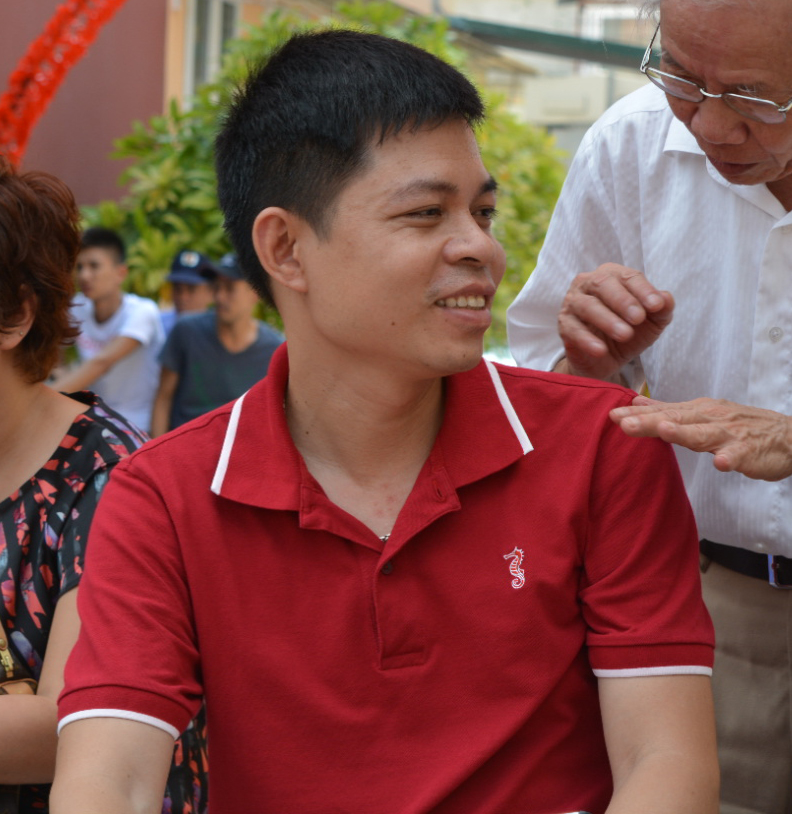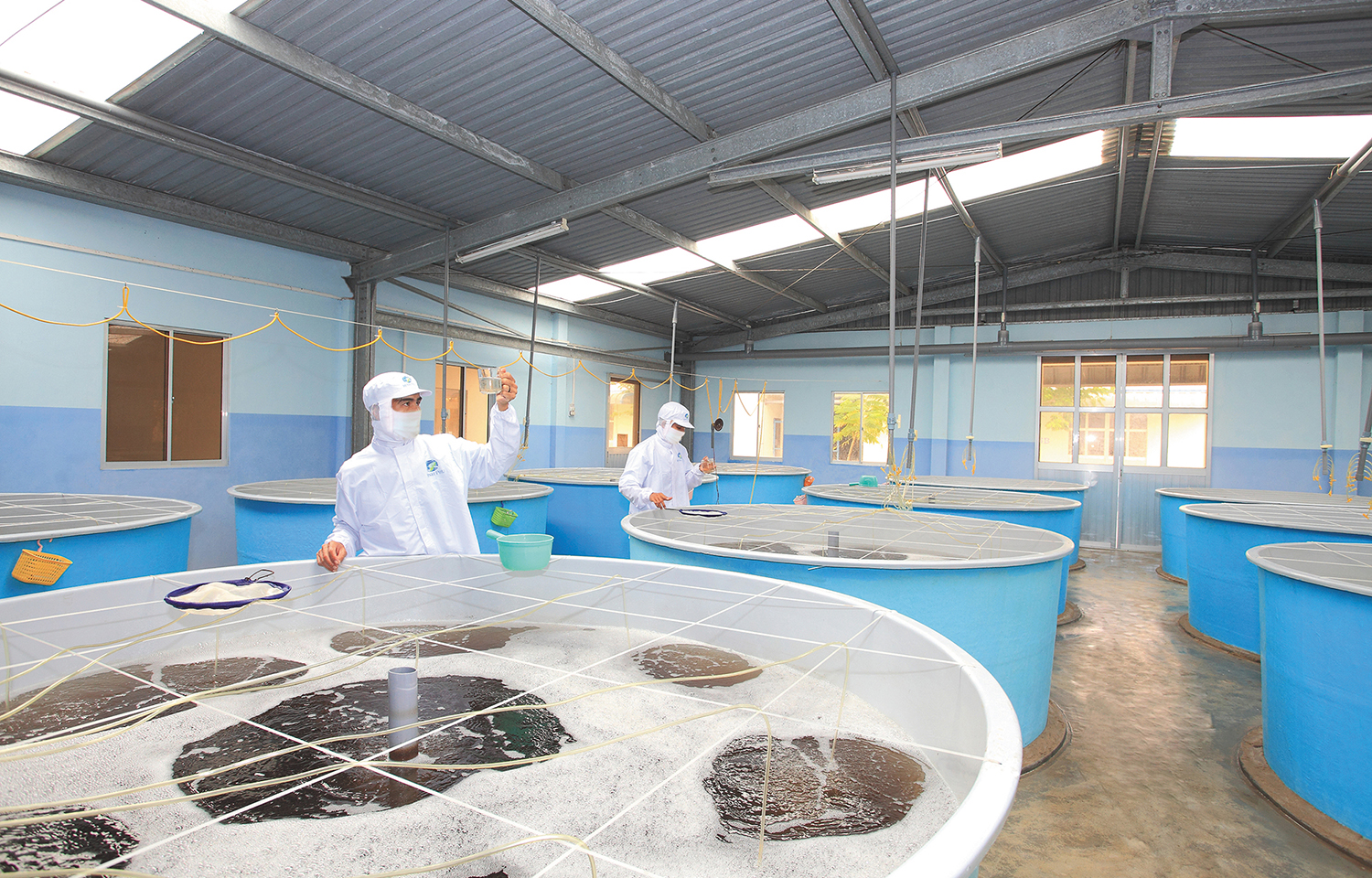Vietnam’s top shrimp producer, Minh Phu Seafood, is making big changes to its farming technology, transitioning from intensive methods of shrimp production to technology it says is more sustainable and will mitigate skyrocketing production costs.
In 2019, Minh Phu CEO Le Van Quang told SeafoodSource his company had begun to apply an intensive farming strategy dubbed “2-3-4 technology." at the company's two main farming areas. But after committing itself to the technology for a few years, Quang confirmed in May 2024 that Minh Phu was no longer applying the 2-3-4 technology to the company’s farms.
Quang said Vietnam’s ambitious goal of farming at high densities, a goal which the technology aimed to streamline, is just not currently achievable. Vietnamese farms began pushing densities to between 350 shrimp and even, in some cases, 500 shrimp per square meter over the past decade, which led to survival rates plummeting below 40 percent and significant financial losses for farmers.
Production costs have also experienced a heavy spike. Comparatively, production costs in Vietnam are about 30 percent higher than in India and Indonesia, where shrimp-farming densities are lower at 60 to 70 shrimp per square meter on average.
Compounding the issue, in early 2023, outbreaks of early mortality syndrome (EMS) emerged in Vietnam, followed by Enterocytozoon hepatopenaei (EHP) and translucent post-larvae disease (TPD), dealing a severe blow to Vietnam's shrimp industry, including Minh Phu.
These challenges dealt Minh Phu a loss of VND 111 billion (USD 4.4 million, EUR 4 million) in 2023, a significant decline from its net profit of VND 832 billion (USD 32.7 million, EUR 30.2 million) in 2022.
In response, Minh Phu has developed a new system it is calling MPBio, drawn from studies of over 50 shrimp-farming technologies worldwide.
“MPBiO involves farming at a density that aligns with the environment's carrying capacity. This means that the stocking density is adjusted based on the desired harvest size,” Quang said.
According to Quang, MPBiO doesn't use chemicals or biocides to treat input water; instead, the method utilizes biological microorganisms to inhibit pathogens and prevent diseases in shrimp.
The microorganisms also purify the water and clean pond bottoms, eliminating the need for water changes and only requiring a daily water replenishment of about 10 percent.
Additionally, Minh Phu claims MPBio helps reduce shrimp production costs by between 30 and 50 percent, with electricity costs lowered by 50 to 70 percent, and feed costs reduced by more than 30 percent. Minh Phu anticipates that MPBio will help reduce production costs in Vietnam to match those in Ecuador by 2030.
The company showcased MPBio-farmed vannamei and black tiger shrimp at Seafood Expo North America in Boston, Massachusetts, U.S.A. and Seafood Expo Global 2024 in Barcelona, Spain, and plans to present its shrimp-farming technology at other trade events this year in South Korea, Australia, New Zealand, Canada, Hong Kong, and Taiwan.
Quang said he hopes the technology opens a new era of development and growth for Minh Phu, which has revised target production to ...








